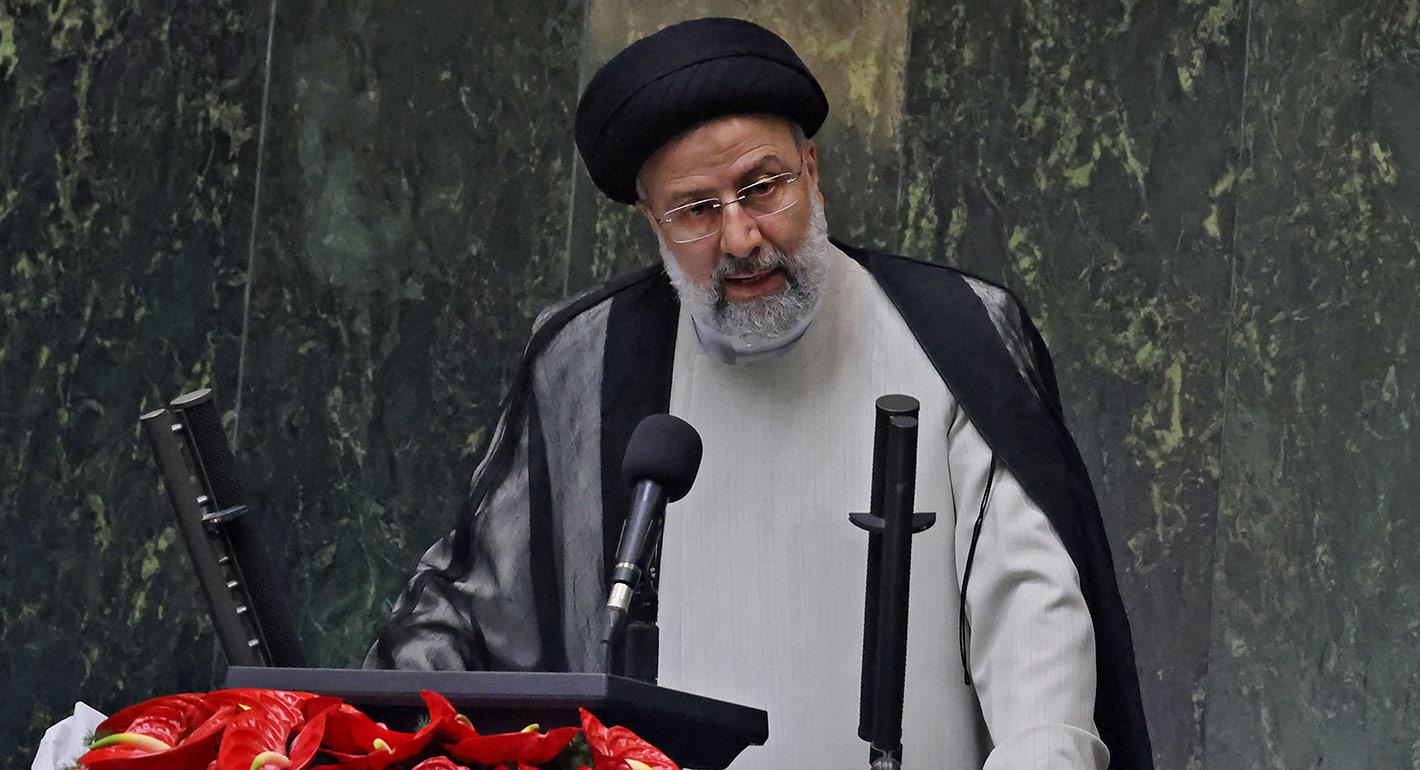On July 28, Iranian Supreme Leader Ayatollah Ali Khamenei implicitly warned the Raisi government: “Don’t trust the West,” meant as a reminder of the Trump administration’s abrogation of the JCPOA in 2018. However, despite Khamenei’s warning as well as alarmist headlines surrounding the expected uncompromising nature of the Raisi government (such as “Triumph of the Hardliners”), there is room for optimism. For many scholars, diversionary war is necessary in order to maintain stability in the face of domestic upheaval, but in Iran’s case, a “diversionary peace” is more likely, wherein a regime agrees to cooperate with its rivals in order to secure stability at home. Spreading protests in Iran over water and electrical blackouts may indeed provide the conditions for such a strategy and will likely not leave the regime with much choice but to swallow yet another poisoned chalice and re-enter the JCPOA in order to maintain stability.
In mid July, protests erupted in the oil-rich province of Khuzestan over the continued failure of the government to address the ongoing water shortage, in which four people were reportedly killed. By July 26, the protests had spread to Tehran over anger surrounding electrical blackouts. The protests took a sharp turn as demonstrators began chanting slogans against Khamenei. According to popular wisdom, when regimes are facing domestic political and economic pressure, the easiest way to ensure their survival is to engage in diversionary conflict which allows them to “scapegoat” a third party for their troubles. This involves instigating a conflict in order to generate a “rally around the flag effect,” or, in some instances, a “rally around the leader effect.”
Although it seems so, this calculation of diversionary war is unlikely to have entered into Iran’s recent UAV strike on the Israeli-operated
Mercer Street tanker, for example, because it is refusing to take responsibility for the attack. Instead, the Mercer Street attack could be a signal that Iran is ending its doctrine of “strategic patience” with Israel and the West. The attack has prompted the U.S. and UK governments to denounce Iran as being responsible for the attack, which indicates that Iran’s problems will continue to multiply without giving the regime respite from its domestic political and economic straits, including a fifth wave of the coronavirus. Because conflict is so expensive, Iran has little choice but to resort to cooperation with likely scapegoats, namely the United States.
Regime insecurity often gives the governing apparatus of states an incentive to cooperate with their rivals for one simple reason: to stay in office. Contrary to the tactic of diversionary conflict, this creates a kind of “diversionary peace.” Regimes will cooperate with external rivals to attain a variety of goods when their internal stability is in question – this often includes the marshaling of resources for domestic priorities, from the provision of public goods to an unruly society to the diversion of funds for domestic suppression. In other circumstances, regimes beset by domestic troubles may cooperate with their rivals in order to cutoff aid to rebel groups or to obtain international legitimacy.
In Iran’s case, this seems to be the most likely future course of action for the regime. As Iran continues to suffer from low economic growth and domestic turbulence, the restoration of the JCPOA will allow it to regain access to the world economy it lost under the Trump administration and shore up resources that may be needed to quell further protests if necessary. Some have reported that the Biden administration is concerned over whether talks to restore the JCPOA will be derailed. Instead, the domestic upheavals traversing Iran may prove to be the best chance to save the deal the Trump administration abandoned.
Dr. Albert B. Wolf is an associate research fellow at Johns Hopkins’ School of Advanced International Studies.






